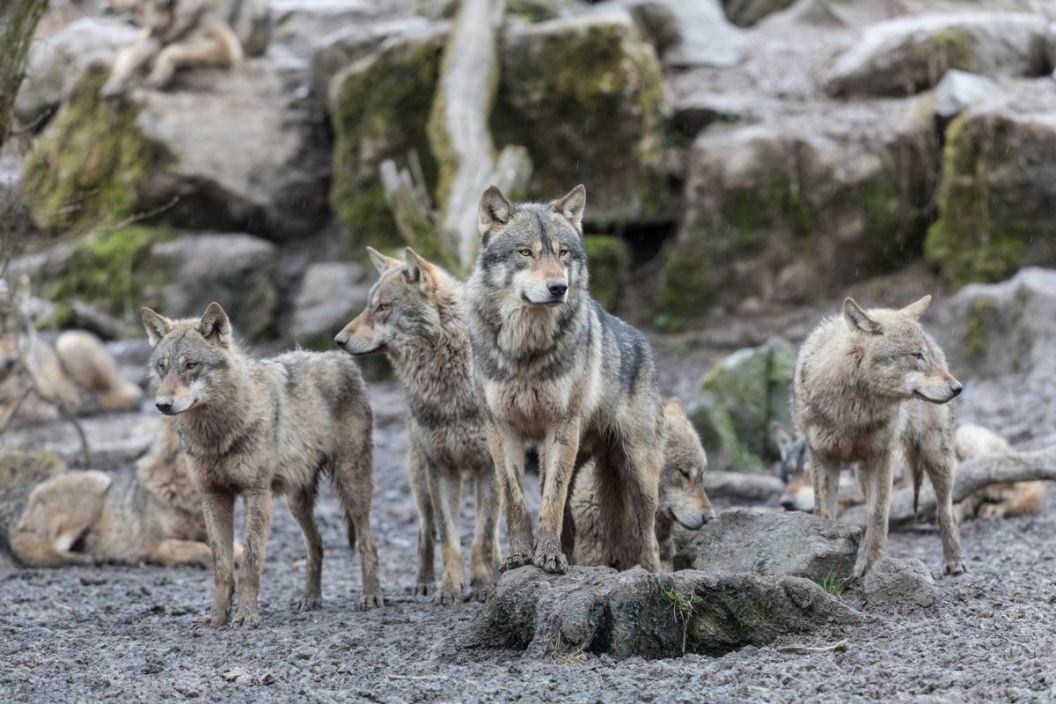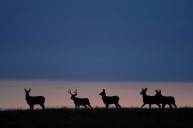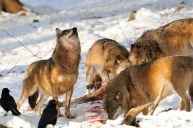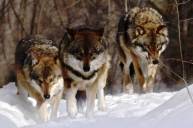With the western part of the U.S. experiencing extended droughts, water scarcity, extreme heat waves, massive wildfires, and more natural deterioration, there's no denying how the human impact and climate change are affecting our world. But a proposal written by Oregon State University scientists suggested that the rewilding of specific portions of federal land with gray wolves and beavers could significantly help ecological restoration. The proposal, "Rewilding the American West," was written and published in BioScience following President Biden's executive order in announcing the America the Beautiful plan to conserve 30% of the nation's land and water by 2030. But it states that the "rewilding call is grounded in ecological science and is necessary regardless of changing political winds."
How Rewilding Will Help Rebuild the American West's Ecosystems
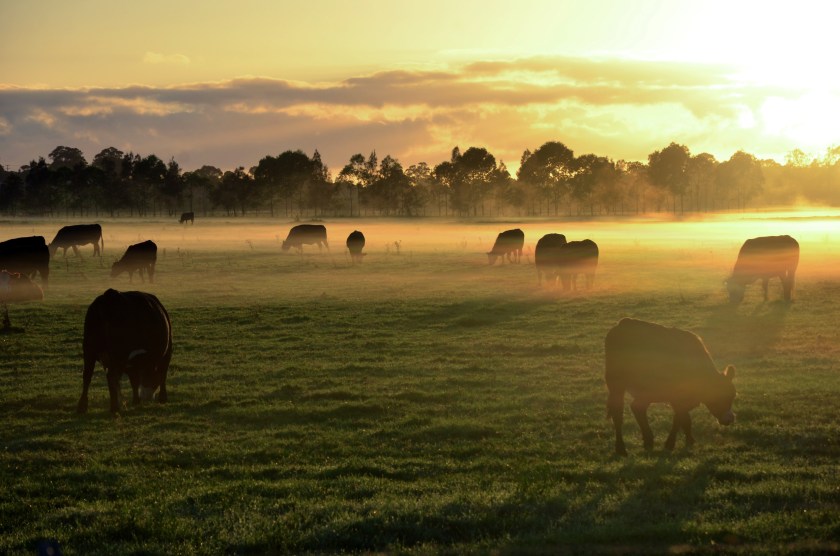
KarenHBlack via Getty Images
William Ripple and 19 other specialized researchers detailed their findings in "Rewilding the American West," and stated that national parks and national forests in 11 states could potentially be used for rewilding habitats for the gray wolf and beaver including parts of Oregon, Washington, California, Nevada, Idaho, Montana, Wyoming, Colorado, Arizona, New Mexico, and Utah. Restoration of both these species on these specific lands will help the dwindling ecosystems and prepare for future ecological issues such as droughts, especially when paired with an intentional decreasing of livestock grazing. They explained that livestock grazing posed the biggest threat because it "causes stream and wetland degradation, affects fire regimes, and inhibits the regeneration of woody species," due to the direct and indirect effects of introducing large herbivores to the lands.
According to the proposal, beavers will help "enrich fish habitat, increase water and sediment retention, maintain water flows during droughts, provide wet fire breaks, improve water quality, initiate recovery of incised channels, [and] increase carbon sequestration" just by building dams and felling trees and shrubs. They provide a more cost-efficient way of repairing riparian areas, which provide habitat for up to 70 percent of wildlife species despite only occupying less than two percent of the land in the West. But beaver populations saw a sharp historical decline of almost 98% because of colonial settler trapping.
Gray wolves almost became extinct in the West because of hunting until the 1990s, when conservation efforts were made by reintroducing the species back into the wild. Co-lead author Christopher Wolf, a postdoctoral scholar in the College of Forestry, explained that the gray wolf's population range in the 11 states that were proposed for rewilding is only "14 percent of its historical range" and that the species "probably once number[ed] in the tens of thousands, but today there might only be 3,500 wolves across the entire West." The reintroduction of the species would help curb elk population, which would then allow for regrowth of willow and aspen trees, according to the National Park Service website. And as an apex predator, gray wolves will also ward off coyotes, which will allow birds of prey and other small predators such as the fox to flourish. The scientists also explained that wolves will help vegetation regrowth in supporting the land's biodiversity.
So What's the Plan?

Dan Pepper via Getty Images
The researchers summed up their call to action in three steps: "1. retiring livestock grazing allotments on federal land within the proposed reserve network; 2. protecting, reestablishing, or recovering gray wolves, especially within the network; and 3. reintroducing beaver in suitable habitat within the network."
They proposed that livestock grazing be removed on "federal allotments from approximately 285,000 square kilometers (110,039 miles) within the rewilding network, representing 29 percent of the total 985,000 square kilometers (380,310 square miles) of federal lands in the 11 western states that are annually grazed." But they also addressed that there will be a need for "an economically and socially just federal compensation program for those who give up their grazing permits."
The proposal will be the most effective when the concerns of relevant parties are addressed, including Indigenous people and the governments. But over time, the benefits will help battle climate change by restoring ecosystems and increasing carbon storage with minimal human interference, protecting our natural world, and making sure it remains intact.
